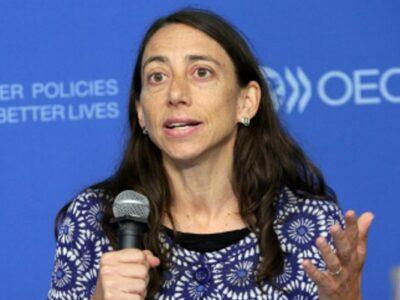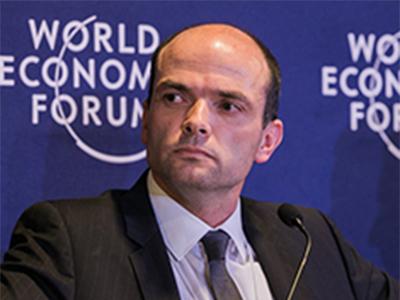To achieve net-zero we need to mobilize private capital, as public funding isn’t nearly enough to reach climate targets. Green foreign direct investments (FDI) can play a crucial role in this transition, especially for developing economies, such as in Latin America.
These much-needed private capital flows advance progress on environment and climate considering broader sustainable impact/ESG, providing countries with an opportunity to step-up climate ambition and realize economic benefits.
Green FDI has been strongly growing over the past years reaching $451B in 2022 with renewables standing for almost 80% of the flows. Among renewables low-carbon hydrogen is the fastest growing subsector with multiple mega projects globally amounting to around $154B last year.
How developing countries can attract these flows and foster energy transition? What can be done to fulfil the climate justice agenda and direct more investments into Emerging Markets and Developing Economies? How green incentives are supporting low carbon hydrogen growth?
In this session, we discuss how Green FDI could play a crucial role in green transition, especially for developing economies.
Session themes:
- Why foreign direct investment is needed to fulfil the climate justice agenda?
- Who are the early movers from developing countries? (e.g. Chile, Egypt).
- What are the FDI trends in Emerging Markets? Which sectors attract the green FDI flows? (dive on hydrogen)
- How countries can attract low-carbon hydrogen investors?
- What are the barriers for Green FDI?
- How we can accelerate the green FDI flows?
- Impact of green incentives (e.g. US Inflation Reduction Act)
- Which incentive program will have the biggest impact on green FDI/hydrogen development?





